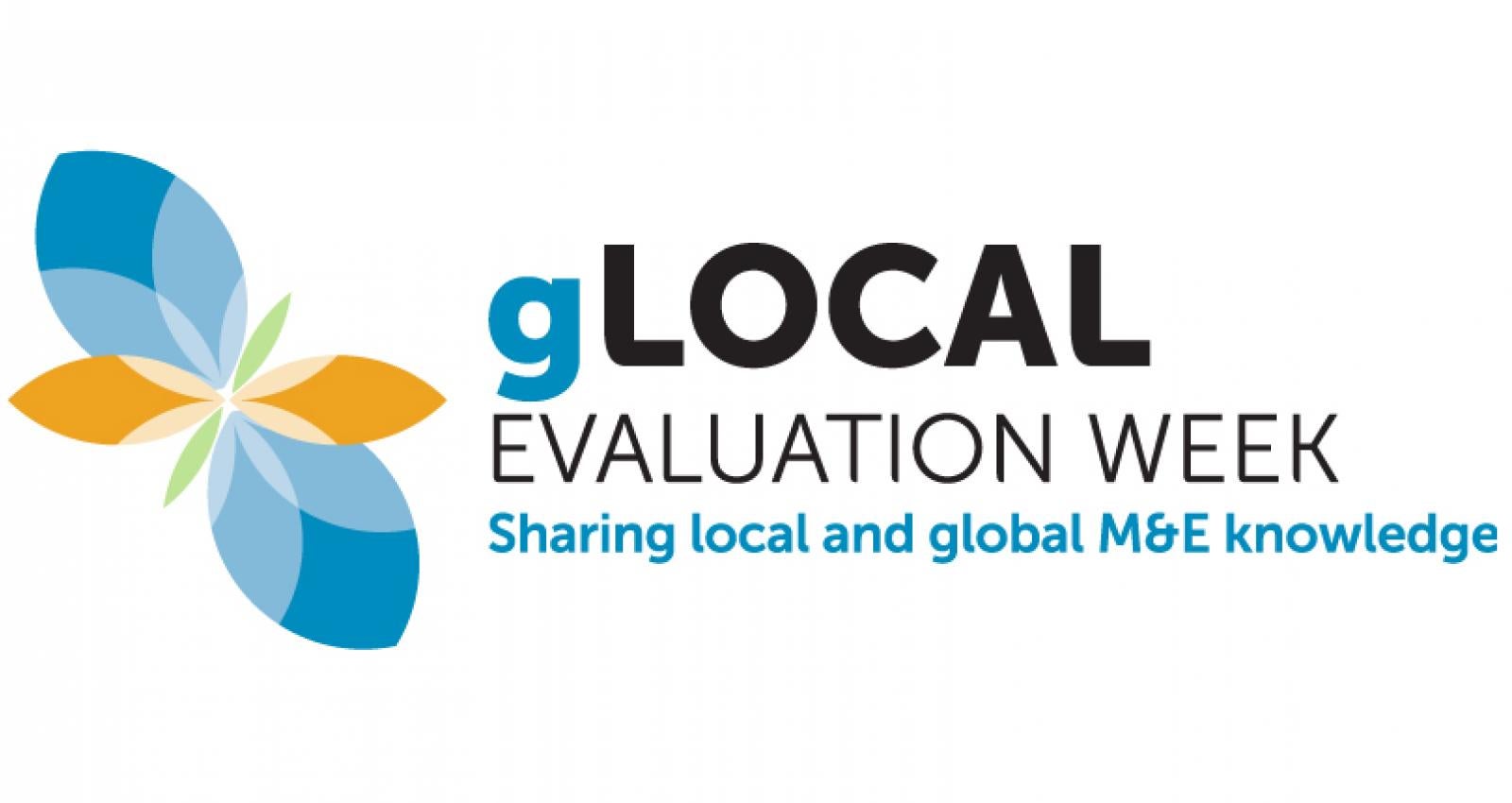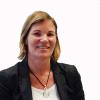Connecting People, Places, and Ideas
One Week. Tens of thousands of people. 38 countries. All join together to share knowledge about Monitoring and Evaluation systems and capacity.
One Week. Tens of thousands of people. 38 countries. All join together to share knowledge about Monitoring and Evaluation systems and capacity.
By: Sophie Sirtaine
We are only a decade away from achieving the sustainable development goals (SDGs) and the targets linked with national development strategies. As we race together to realize Agenda 2030, I am encouraged to find great enthusiasm among various constituencies and stakeholders towards building and strengthening systems and capacities for monitoring and evaluation (M&E) globally. Ensuring governments have robust systems to monitor their progress towards their national development strategies goals and the SDGs, and that they know what works to accelerate that progress, are key to our collective growth, development, and prosperity. To that end, I am convinced that sharing global and local M&E knowledge and experiences is essential to creating effective country M&E systems, and thereby foster accountability for results, promote evidence-based decision making, and learn from results.
Events Held in 38 Countries, including:
Argentina
Belgium
Benin
Bolivia
Brazil
Cambodia
Canada
Cape Verde
Chile
China
Columbia
Costa Rica
Cote d'Ivoire
Ecuador
Ghana
Guatemala
Honduras
India
Italy
Jamaica
Kenya
Kyrgyz Republic
Mexico
Morocco
Netherlands
Nigeria
Panama
Peru
Portugal
Puerto Rico
Russian Federation
Rwanda
Senegal
South Africa
Tanzania
Togo
United States
Venezuela
In that spirit, in June, 2019, the CLEAR Initiative organized the inaugural gLOCAL Evaluation Week with an aim to reach more people in more places by fostering local, regional, and global knowledge sharing on M&E systems and capacity and facilitating networking opportunities. With your support, we succeeded.
From Benin to Bolivia, Cambodia to Colombia, Rwanda to Russia, an estimated 22,000 people attended in-person or online events in 38 countries across five continents and all events were free and open to the public. Globally, half of all sessions were hosted by government or academic institutions.
Today, I am pleased to inform you that the 2019 gLOCAL Evaluation Week Proceedings are now available online and include session summaries, key issues, and proposed next steps discussed at the events. Many proceedings also include event resources that you can download.
Who Hosted. Globally, half of all sessions were hosted by government or academic institutions.
Who Attended. The largest percentage of participants – nearly 50 percent – came from government, with significant participation from students (16 percent) and academic researchers (10 percent). But there were also some regional differences. While in Latin America, the greatest percentage of participants came from government, in Sub-Saharan Africa and South Asia the greatest percentage of participants were non-profit professionals.
Participation by gender was relatively balanced in all regions, although in Sub-Saharan Africa women participation was lower.
When we analyzed participation by session, we found some interesting results:
In the event proposal form, we asked organizers to categorize their sessions under one of five tracks (gLOCAL Evaluation, Evaluation Communication and Use, Evaluation Capacity Development, Evaluation Methods, Other). Globally, 60 percent of sessions were categorized under Evaluation Capacity Development or Evaluation Communication and Use. Based on a key word analysis, sessions in these tracks focused on ‘public policies,’ ‘social development,’ and ‘sharing challenges and experiences,’ but there were regional patterns. In Central America, sessions focused more on evaluation techniques, such as this session on conducting real-time evaluations and the application of evaluation findings; in South Asia, sessions focused more on evaluation for specific sectors such integrating M&E frameworks into mobile health programs in India or evaluating agriculture, natural resources, and rural development in Cambodia.
We also found regional patterns with respect to participant affiliation and choice of events by topic/track. In Central America, students accounted for 50 percent of participants at sessions on gLOCAL Evaluation, and government representatives accounted for 42 percent of participants at sessions on Evaluation Capacity Development. In Sub-Saharan Africa, individuals from non-profit organizations accounted for 50 percent of participants at sessions on Evaluation Communication and Use.
Why it Matters. While the number of events or participants were impressive for the inaugural gLOCAL Evaluation Week, what inspired me the most was to see that the experience was worthwhile for so many participants.
These are just a few examples of the many testimonials we received from around the world. Next year, with the continued support of each event organizer and the participants who joined us this year, we hope to deliver a very successful 2020 gLOCAL Evaluation Week.
I am convinced that through gLOCAL we will continue to contribute to sharing global and local M&E knowledge and experiences, and thereby foster a culture of evidence and ultimately better development outcomes around the world.
On behalf of IEG and The CLEAR Initiative, I would like to thank again in advance each and every event organizer and participant for your support, for sharing this vision, and most importantly for contributing your knowledge and experiences with the world during gLocal Evaluation Week 2020. With your continued support, we hope to deliver an even bigger and more successful 2020 gLOCAL Evaluation Week.
With your help we can help ensure that country M&E systems are anchored in local realities and informed by successful global experiences, wherever they come from.
Stay tuned for the launch of the call for proposals for gLocal 2020!

Add new comment